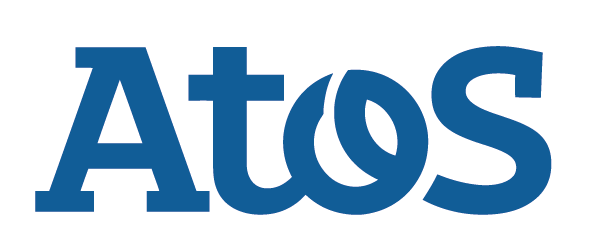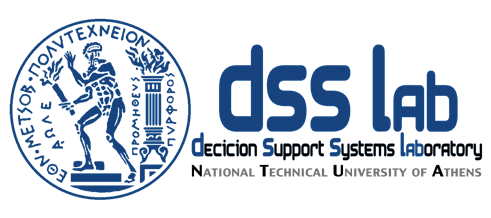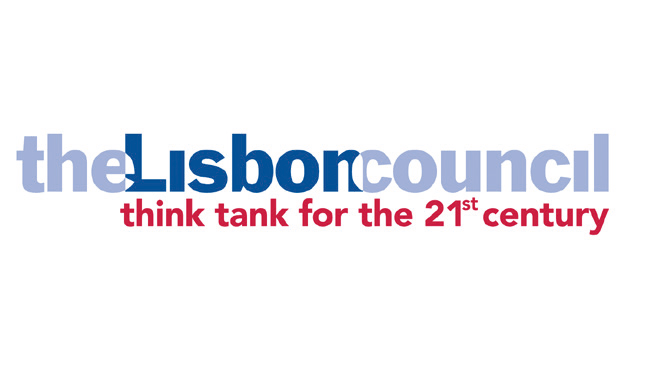Organisational need
Standardisation of processes
<p><span lang="EN-GB" xml:lang="EN-GB" xml:lang="EN-GB"><span><span>Standards require a certain legal basis and binding specifications. At the same time, they must be also accepted by the target group. If standards are enforced, they offer the advantage of planning and investment protection. This provides a good basis for further digitisation of processes.[1] </span></span></span></p>
<p><span><span>As an example, interviewed employees of the administration referred to a nationwide same process for which there are different procedures in all municipalities.In addition, the media interruption...</span></span></p>
Process and resource optimisation
<p><span><span>Public sector has to deliver services to citizens despite resource constraints and budgetary pressures. Because of this personnel and financial limitations, available resources must be used as cost saving and valuable as possible.</span></span></p>
<p><span lang="EN-GB" xml:lang="EN-GB" xml:lang="EN-GB"><span><span>In this context, it is important for public management to reduce bureaucracy and make administrative processes simpler and more efficient. Therefore, any form of unnecessary costs and waste need to be avoided. In order to increase the quality of work, customer...</span></span></span></p>
Cooperative working between decision makers, departments, hierarchy levels
<p><span><span><span>The head of the administration modernisation division on a regional level confirmed that one of the most important needs of public administration is cooperative working. Hierarchy is an important part in public administration but it also represents a limitation for its work. The more complex social problems become, the more complex are the governmental answers to them. Public administrations should be more open and flexible in the cooperation between different stakeholders, partners and hierarchy levels. It is necessary to find a way, in which all partners (inside and...</span></span></span></p>
Improved incentive structures for working in the public sector
<p><span lang="EN-GB" xml:lang="EN-GB" xml:lang="EN-GB"><span><span>The public sector is facing demographic changes and has to compete with the private sector for talents. Incentives like, for example, an adequate payment or the possibility of mobile working, seem important to retain young and qualified employees in the long term and to increase the job satisfaction of all employees. The interviewed public administration employees criticised a lack of appreciation of their work. Above-mentioned incentives can help to decrease the employees’ turnover intention and instead increase their...</span></span></span></p>
Establish target-oriented personnel development
<p><span lang="EN-GB" xml:lang="EN-GB" xml:lang="EN-GB"><span><span>In addition to recruiting new employees, personnel development should not be neglected. Existing personnel should be trained to help them handle the challenge of new technologies and consequently changes in organisational environment. Personnel development measures have to be established to support employees’ acceptance and the acquisition of competences connected to ICT, preparing them for possible challenges.[1][2][3]</span></span></span></p>
<p><span><span>One interviewee highlighted the relevance of trained and also...</span></span></p>
Improve the process of recruiting in order to acquire suitable staff in a timely manner
<p><span lang="EN-GB" xml:lang="EN-GB" xml:lang="EN-GB"><span><span>A relevant but also critical factor in public management is the staff. It is important to recruit junior staff and specialists, which can manage the given challenges and have the necessary skills and technical knowledge to promote the digital transformation. Particularly in view of the demographic developments, it seems essential to recruit new staff and retain them in the long term.[1] </span></span></span></p>
<p><span><span>Qualified employees are, according to all respondents, one of the key points to be able to perform...</span></span></p>
Secure organisational framework
<p><span><span>Public administration is a strictly standardised and structured environment, which makes it calculable and predictable to a certain extent. This includes, for example, a sufficient number of qualified employees. Also for the public administration employees in our focus group, this strict organisational framework seems to be important in order to complete their work and task. On the other hand, it would be desirable that this frame allows certain freedoms within it. This (limited) flexibility can be helpful in responding to unexpected developments. For some respondents, the...</span></span></p>




